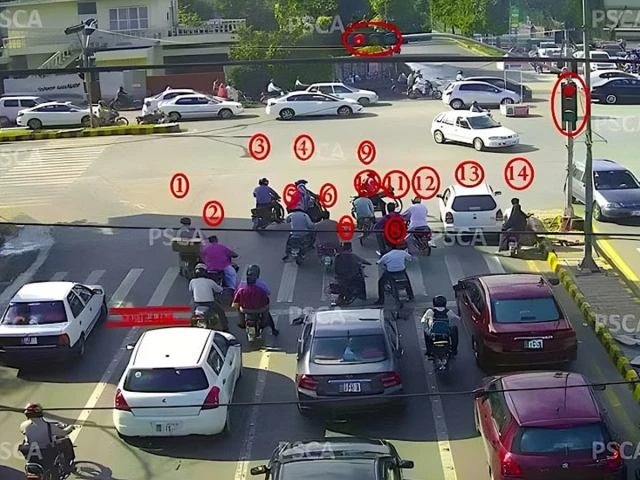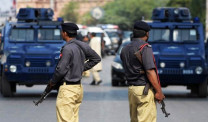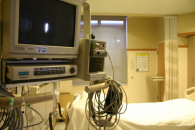Sindh police announce 50% discount on e-challans, tougher penalties for non-payers
Fines for 50 types of violations set up to Rs5,000 which can reduce to half if paid within the 15 days

Adopting a carrot-and-stick policy, the Sindh Police have offered motorists a 50 per cent discount on e-challans paid within 15 days, while warning of stiffer penalties for those who ignore fines despite repeated awareness drives.
The initiative, aimed at promoting timely payments and greater compliance with traffic laws, was revealed during a review meeting on the faceless e-ticketing system and traffic law enforcement. The meeting, held at the Central Police Office, was chaired by Inspector General (IG) Sindh Ghulam Nabi Memon.
Additional IGs of Karachi, Welfare, Training, Safe City, Headquarters, Sindh Police Highway Patrol, Establishment, Driving Licence Branch, Traffic Karachi, IT, and Finance attended the meeting. AIGs. Divisional DIGs and district SSPs participated in the meeting via video link.
During the session, IG Memon directed district traffic officers to ensure uniform enforcement of the new traffic laws and penalties across Sindh. He emphasised that violations such as driving without number plates and other breaches of traffic regulations must be dealt with strictly under the revised legal framework.
Under the new system, fines for 50 types of violations have been set up to Rs5,000. However, motorists paying within the 15 days, will be eligible for a 50 per cent discount, effectively reducing the fines for most common violations to between Rs2,000 and Rs2,500.
Read More: Broken roads, poor infrastructure: SHC moved against e-challan system
The IG warned that motorists failing to pay fines despite prior warnings and awareness drives will face progressively higher penalties. He instructed all districts to intensify public awareness campaigns and to establish facilitation centres for handling traffic-related complaints at the district level.
Briefing the meeting, DIG Traffic said that 59 violations are currently being monitored and fined, while nine serious offenses — including one-way violations, underage driving, one-wheeling, drifting, driving without lights, driving unregistered vehicles, reckless driving, signal violations, and illegal overtaking —carry penalties exceeding Rs5,000. He clarified that social media reports linking heavy vehicle fines to those for motorcycles and cars are misleading.
To assist citizens, 11 facilitation centres have been established in Karachi where SPs, CPLC representatives, and DSPs or concerned officers will address public complaints. The time taken to resolve a complaint will not be counted towards the challan payment period.
The DIG added that citizens are being informed about fines via Pakistan Post, SMS, and a mobile application, ensuring transparency in the e-ticketing process. He further said that road safety initiatives have begun in Karachi in collaboration with the district administration from Monday.
Last week, the Sindh government rolled out e-challans in Karachi as the faceless Traffic Regulation and Citation System (TRACS) automatically generated more than 2,600 e-tickets amounting to over Rs13 million for various traffic violations within just six hours of its launch.
According to DIG Traffic Police Peer Muhammad Shah, the new automated system utilises cutting-edge surveillance technology, including Automatic Number Plate Recognition (ANPR), Intelligent Transport System (ITS), and Facial Recognition (FR) cameras, all integrated under the Safe City Authority to identify and fine traffic violators.
He added that modern surveillance cameras have so far been installed in 30 per cent of the city's areas, with work in the remaining zones expected to be completed soon. Currently, major arteries and areas — including Sharah-e-Faisal, Sir Shah Suleman Road, Rashid Minhas Road, Shahrah-e-Pakistan, Gulshan-e-Iqbal Chowrangi, and Qayyumabad Chowrangi — are covered. The total number of advanced cameras is expected to reach 12,000 in the coming phase.





















COMMENTS (1)
Comments are moderated and generally will be posted if they are on-topic and not abusive.
For more information, please see our Comments FAQ